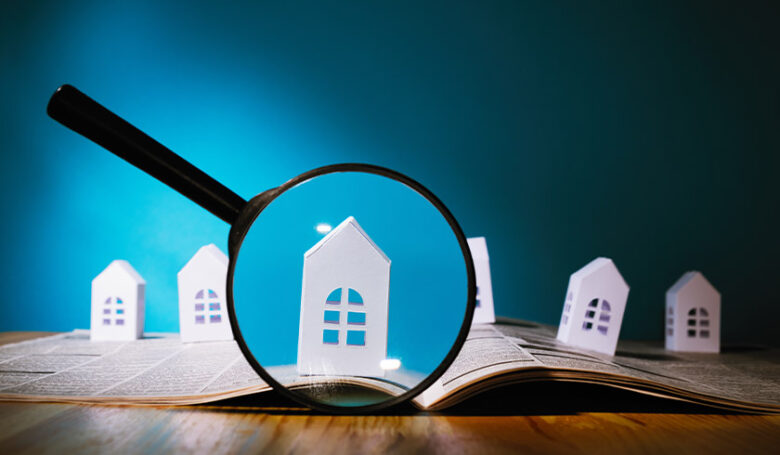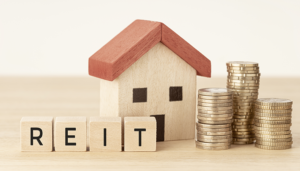Individuals looking to diversify their investment portfolio and make serious money can make big profits through commercial real estate transactions. Unlike residential real estate, commercial real estate is used for business purposes. They can make money in various ways, including through rental and property value growth. In this beginner’s guide, you’ll learn the basics of commercial real estate investing, including the different types of properties, their pros and cons, how to make money, and the most important things to consider to be successful.
1. Understanding Commercial Real Estate
Real estate used for business is considered commercial real estate. These buildings range in size from small office buildings to large factory warehouses and everything in between. Office buildings, shopping centers, factories, multi-unit apartments, and special-use buildings such as hotels and medical facilities are the main types of commercial real estate. Each type of country has different needs, and each type has its advantages and disadvantages.
2. Types of Commercial Properties
A place where a company rents out buildings and rooms as offices are called ‘office space’. These can be anything from small buildings with just one tenant to huge skyscrapers with many tenants. The need for commercial space can vary depending on location and economic conditions.
Retail space: Malls, shopping centers, and single-location stores are all examples of retail properties. Shops, restaurants, and service providers rent rooms here. The success of a store often depends on the number of people passing through, the popularity of the store, and the economic health of the area.
Industrial real estate: Warehouses, transportation centers, factories, etc. all belong to industrial real estate. These properties are important for production and logistics and are often close to major transport hubs. With the development of e-commerce, the demand for industrial space is also growing.
Multi-family homes: These are homes with multiple rooms, such as apartment buildings and other homes. Rental income comes from multifamily buildings, which can be anything from a small duplex to a large apartment complex. Because they are rental properties, they are considered a hybrid of residential and commercial properties.
Special purpose properties: These are homes built for specific purposes, such as hospitals, schools, and restaurants. If you want to invest in special-purpose real estate, you need to know a lot about the business and its trends.
3. Benefits of Commercial Real Estate Investing
There are many benefits to commercial real estate transactions that make people want to do it. One of the best things about it is that it can make more money than buying a house. Commercial real estate has longer lease terms, making cash flow more stable and regular. It is also common for tenants of commercial properties to be responsible for repairs and maintenance, which can save the landlord money.
Another benefit is that you can increase the amount you spend. Investors can purchase larger properties and even get a better return on their money by taking advantage of different financing options. Owning commercial real estate also comes with enormous tax benefits. For example, you can deduct mortgage interest, depreciation of the property, and operating costs.
4. Starting Your Commercial Real Estate Journey
For newcomers, entering the commercial real estate market can be scary. However, if you know what you’re doing and how to do it, you can navigate this complex area. First, you need to understand the market and the different types of homes. To make an informed choice, you need to understand local real estate market trends, vacancy rates, and rental prices.
5. Financing Your Investment
Obtaining financing is a very important part of commercial real estate investing. Commercial real estate typically requires a larger investment than residential real estate, so it’s important to explore all financing options. Commercial mortgages, small business loans, and traditional bank loans are all popular ways to pay for your commercial real estate purchase. Keeping your finances in good shape and building a good credit history can help you get better loan terms.
6. Finding the Right Property
If you want to successfully invest in commercial real estate, you need to choose the right real estate. Before purchasing anything, do plenty of research and proceed with caution. Consider factors such as location, condition of the property, previous tenants, and the potential for value growth. By working with a real estate agent or commercial broker you can learn a lot and get deals that are not available on the market.
7. Protect your Property
Preserving the value of your investment and ensuring a stable source of income depends on your ability to manage the property. This includes finding and keeping good tenants, taking care of repairs and maintenance, and managing money. Some investors hire property management companies to handle day-to-day tasks, while others prefer to manage their properties. Whatever you do, you must be prepared and understand your tenants’ needs.
8. Maximizing Returns
To get the most out of your commercial real estate investment, you can think about things like improving the property, increasing rental prices, and reducing the number of vacancies. By adding amenities, improving the exterior, and upgrading amenities you can get better tenants, pay more, and increase the value of your property. To keep your prices reasonable, you should regularly check market trends and change your rent if necessary.
9. Understanding Market Trends
To make informed choices when investing in commercial real estate, you need to understand market trends. The economy, population growth, and business trends all have a significant impact on the demand and value of real estate. Stay up to date on real estate news by reading regularly, attending industry conferences, and networking with other real estate owners. Understanding how the market moves can help you identify opportunities and reduce risks.
10. Risk Avoidance
Commercial real estate transactions involve risks such as market changes, loss of tenants, and property damage. Diversification helps reduce risk and makes it more stable. If you do not want to be too dependent on one market, it is best to invest in a different type of home or a different location. Adequate insurance can protect you against liability claims and losses to your business. Having a reserve fund for unplanned expenses can help you feel more secure about your money.
11. Get Rich in the Long Run
Putting money into commercial real estate is a great way to get rich over time. Over time, you can significantly increase your wealth by reinvesting rental income, using the property as collateral to purchase other investments, and taking advantage of rising property values. Set clear financial goals and long-term investment plans. Then check and replace your inventory regularly to ensure it meets your goals.
Conclusion
Investing in commercial real estate can help you make more money and maintain stability. Understanding the different types of real estate, obtaining the right financing, choosing the right investments and managing your properties properly can help you build a successful real estate portfolio. Stay on top of market trends, strive for the best results, and reduce risks to get the most out of your investment. If you work hard and plan ahead, investing in commercial real estate can help you become financially independent and wealthy over time.




